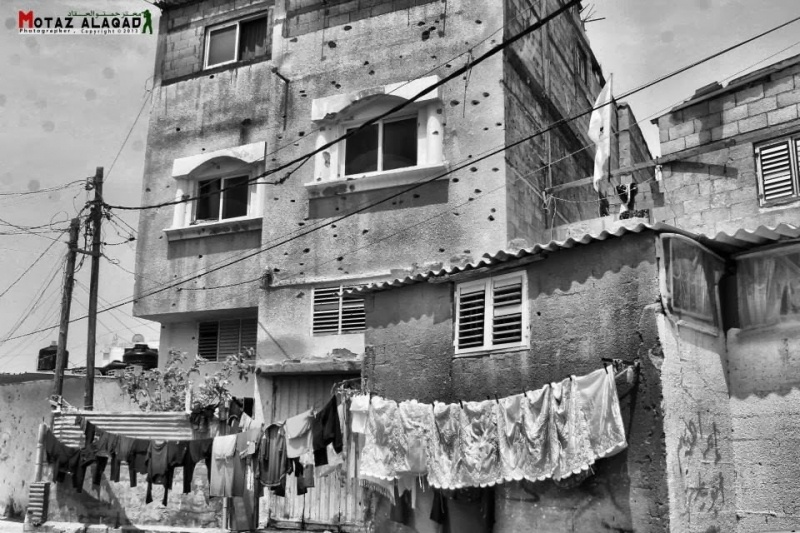Area: Gaza
Population Size: 72,000
Established date: 1948
Background:
Khan Younis refugee camp is located about two kilometres from the Mediterranean coast, north of Rafah. It lies west of the town of Khan Younis, a major commercial centre and stop-off point on the ancient trade route to Egypt.
After the 1948 war, 35,000 refugees took shelter in the camp, having fled their homes during the hostilities. Most were from the Be’er Sheva area. Today, Khan Younis camp is home to nearly 72,000 refugees.
BLOCKADE
Life for nearly all refugees in the camp is more difficult because of the blockade of Gaza, with much higher unemployment. Fewer families can provide for themselves, leaving a staggering proportion of the population dependent on UNRWA’s food and cash assistance. Ninety per cent of the camp’s water is unfit for human consumption, so basic hygiene is another big concern.
RECONSTRUCTION
Over the years, many of the refugees living in Khan Younis lost their shelters in Israel Defense Forces operations. Prior to the imposition of the blockade, UNRWA had commenced a significant re-housing project to accommodate all those who had lost their shelters. However, the blockade prevented UNRWA from bringing in construction materials to complete the project, leaving thousands of people without permanent shelters.
UNRWA only received permission in 2010 to bring in the materials to complete a number of housing units for refugees whose shelters were demolished years ago. UNRWA estimates that it must construct a minimum of 10,000 shelters to re-house refugees currently living in unacceptable conditions and/or who have lost their homes as a result of the conflict.
STATISTICS
- Nearly 72,000 registered refugees
- 25 school buildings, 22 running double-shifts, accommodating a total of 38 schools
- One food distribution centre
- Three health centres
MAJOR PROBLEMS
- Overcrowding
- Housing shortage
- High unemployment
- Access to adequate water and electricity supplies
-------------------
UNRWA website


